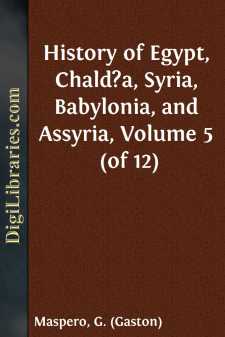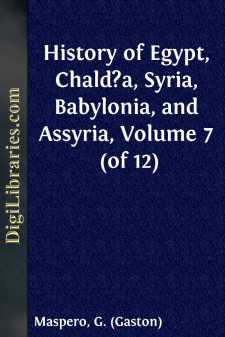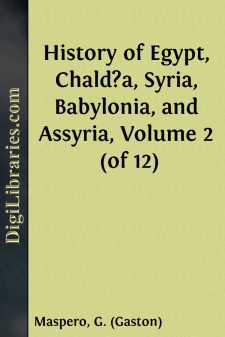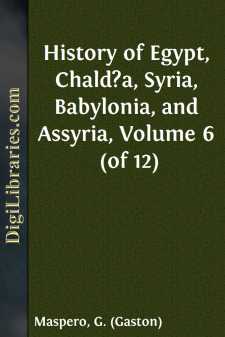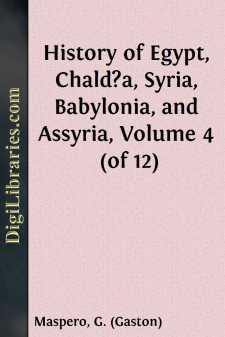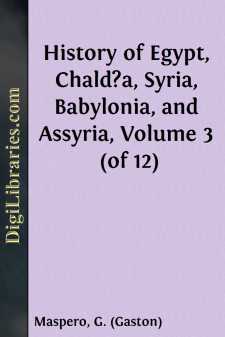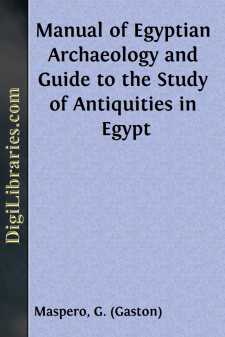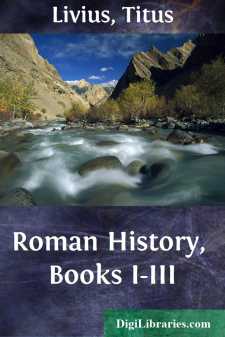Categories
- Antiques & Collectibles 13
- Architecture 36
- Art 48
- Bibles 22
- Biography & Autobiography 813
- Body, Mind & Spirit 142
- Business & Economics 28
- Children's Books 17
- Children's Fiction 14
- Computers 4
- Cooking 94
- Crafts & Hobbies 4
- Drama 346
- Education 46
- Family & Relationships 57
- Fiction 11829
- Games 19
- Gardening 17
- Health & Fitness 34
- History 1377
- House & Home 1
- Humor 147
- Juvenile Fiction 1873
- Juvenile Nonfiction 202
- Language Arts & Disciplines 88
- Law 16
- Literary Collections 686
- Literary Criticism 179
- Mathematics 13
- Medical 41
- Music 40
- Nature 179
- Non-Classifiable 1768
- Performing Arts 7
- Periodicals 1453
- Philosophy 64
- Photography 2
- Poetry 896
- Political Science 203
- Psychology 42
- Reference 154
- Religion 513
- Science 126
- Self-Help 84
- Social Science 81
- Sports & Recreation 34
- Study Aids 3
- Technology & Engineering 59
- Transportation 23
- Travel 463
- True Crime 29
Our website is made possible by displaying online advertisements to our visitors.
Please consider supporting us by disabling your ad blocker.
History of Egypt, Chald?a, Syria, Babylonia, and Assyria, Volume 8 (of 12)
Description:
Excerpt
CHAPTER I—SENNACHERIB (705-681 B.C.)
The struggle of Sennacherib with Judæa and Egypt—Destruction of Babylon.
Sennacherib either failed to inherit his father's good fortune, or lacked his ability.* He was not deficient in military genius, nor in the energy necessary to withstand the various enemies who rose against him at widely removed points of his frontier, but he had neither the adaptability of character nor the delicate tact required to manage successfully the heterogeneous elements combined under his sway.
* The two principal documents for the reign of Sennacherib
are engraved on cylinders: the Taylor Cylinder and the
Bellino Cylinder, duplicates of which, more or less perfect,
exist in the collections of the British Museum. The Taylor
Cylinder, found at Kouyunjik or Usebi-Yunus, contains the
history or the first eight years of this reign; the Bellino
Cylinder treats of the two first years of the reign.
He lacked the wisdom to conciliate the vanquished, or opportunely to check his own repressive measures; he destroyed towns, massacred entire tribes, and laid whole tracts of country waste, and by failing to repeople these with captive exiles from other nations, or to import colonists in sufficient numbers, he found himself towards the end of his reign ruling over a sparsely inhabited desert where his father had bequeathed to him flourishing provinces and populous cities. His was the system of the first Assyrian conquerors, Shalmaneser III. and Assur-nazir-pal, substituted for that of Tiglath-pileser III. and Sargon. The assimilation of the conquered peoples to their conquerors was retarded, tribute was no longer paid regularly, and the loss of revenue under this head was not compensated by the uncertain increase in the spoils obtained by war; the recruiting of the army, rendered more difficult by the depopulation of revolted districts, weighed heavier still on those which remained faithful, and began, as in former times, to exhaust the nation. The news of Sargon's murder, published throughout the Eastern world, had rekindled hope in the countries recently subjugated by Assyria, as well as in those hostile to her. Phoenicia, Egypt, Media, and Elam roused themselves from their lethargy and anxiously awaited the turn which events should take at Nineveh and Babylon. Sennacherib did not consider it to his interest to assume the crown of Chaldæa, and to treat on a footing of absolute equality a country which had been subdued by force of arms: he relegated it to the rank of a vassal state, and while reserving the suzerainty for himself, sent thither one of his brothers to rule as king.*
* The events which took place at Babylon at the beginning of
Sennacherib's reign are known to us from the fragments of
Berosus, compared with the Canon of Ptolemy and Pinches'
Babylonian Canon. The first interregnum in the Canon of
Ptolemy (704-702 B.C.) is filled in Pinches' Canon by three
kings who are said to have reigned as follows: Sennacherib,
two years; Marduk-zâkir-shumu, one month; Merodach-baladan,
nine months....



